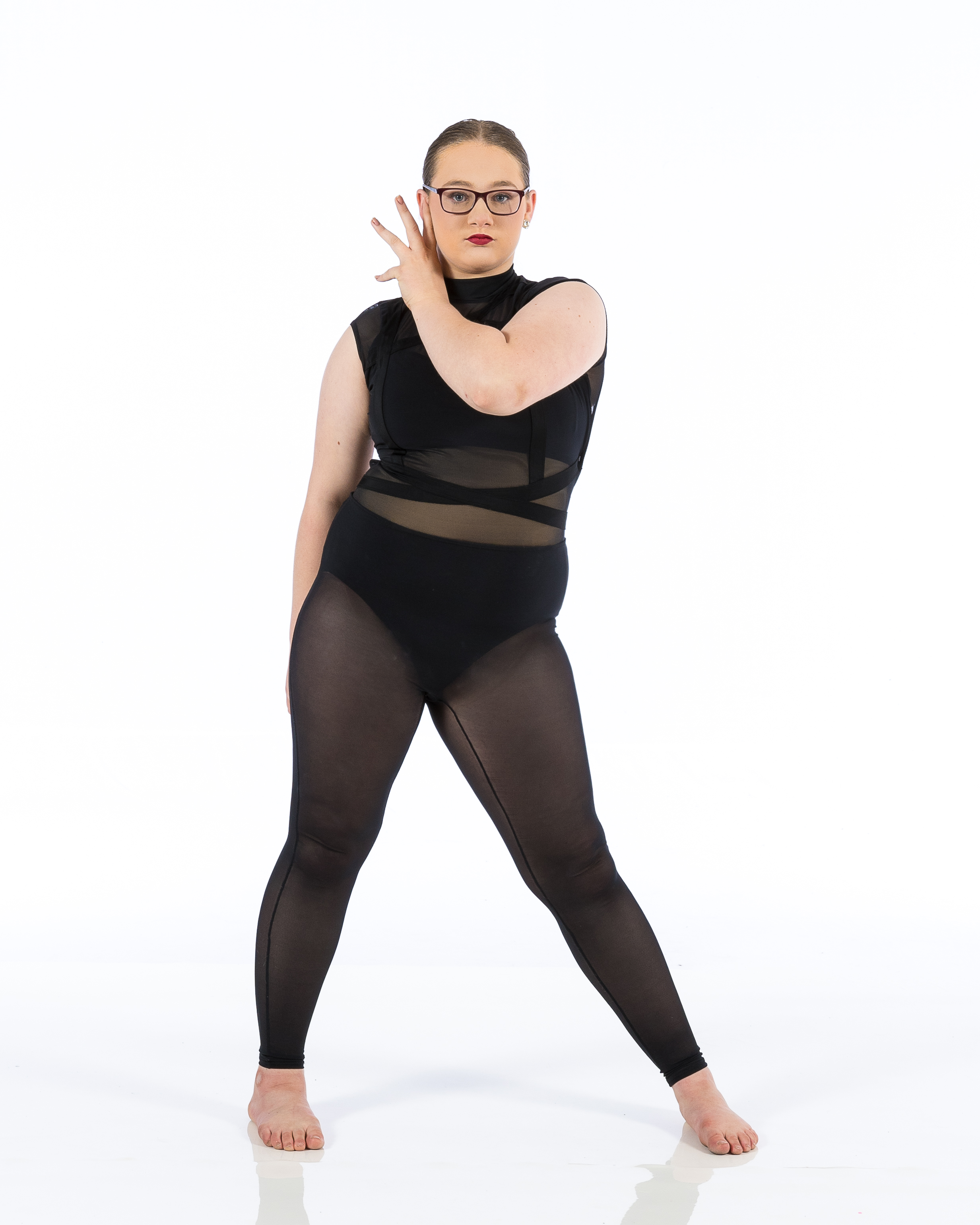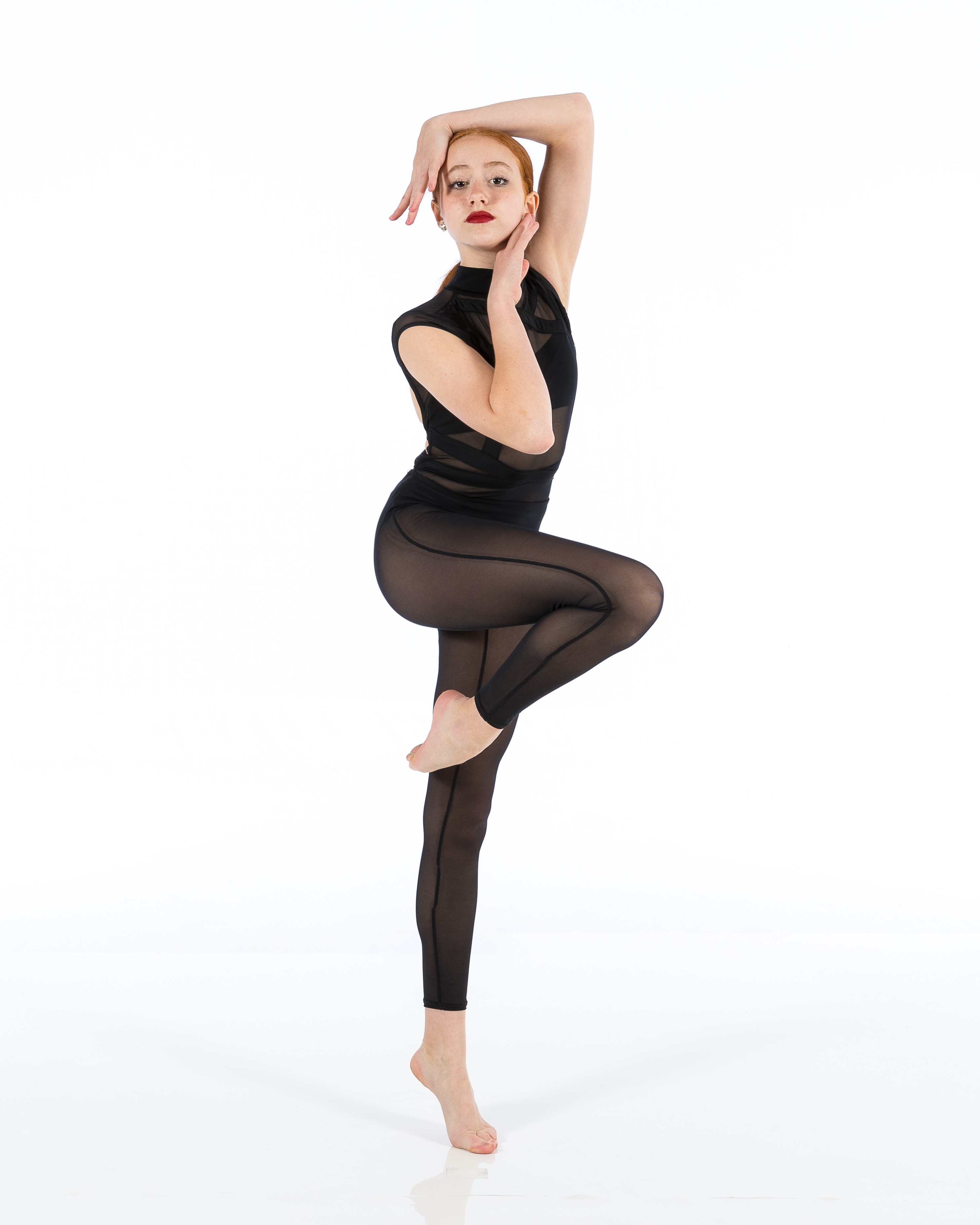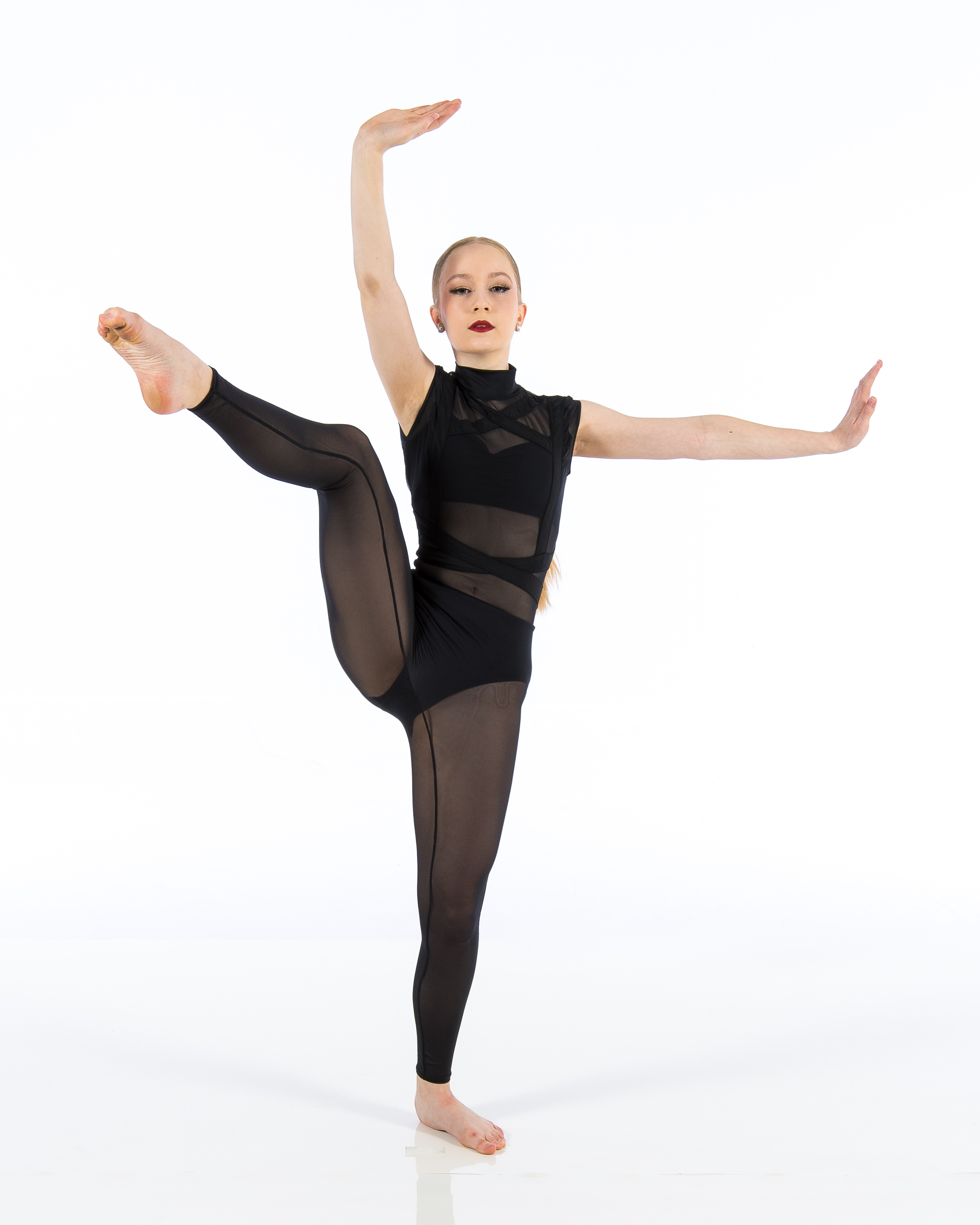Introduction
Stepping into a dance studio for the very first time is an exciting experience, one that can stir a mixed drink of emotions-- enjoyment, uneasiness, expectancy. Whether you're a skilled professional dancer or simply starting your journey, understanding the subtleties of dance studio decorum can boost your experience and enhance your connections with trainers and fellow professional dancers alike. In this detailed overview, we'll dive deep right into Mastering Dance Studio Etiquette: Crucial Tips for Beginners and Pros Alike
From basic regulations to sophisticated factors to consider, this write-up will certainly cover every little thing you need to know about browsing the vivid world of dance workshops. So tighten those shoe laces and allow's obtain started!
The Importance of Dance Studio Etiquette
Why Rules Issues in Dance Studios?
In any type of artistic environment, rules plays an essential role in keeping consistency and respect amongst participants. Dance workshops are no exception. Excellent decorum promotes a positive atmosphere where imagination can flourish.
- Respect: Being mindful in the direction of instructors and fellow professional dancers develops mutual respect. Focus: Etiquette lessens disturbances, enabling every person to concentrate on learning. Community: Decorum helps produce a supportive community that motivates growth and camaraderie.
Common Mistaken beliefs Regarding Dance Studio Etiquette
Many beginners hold misconceptions regarding what makes up appropriate behavior in dance workshops. Allow's expose some misconceptions:

Myth 1: "Only sophisticated professional dancers need to comply with etiquette."
Fact: Etiquette is vital for all degrees; it reflects professionalism.
Myth 2: "Teachers are too rigorous about rules."
Fact: Trainers enforce rules to keep order and respect.
Basic Dance Studio Decorum for Beginners
Dress Code: What to Wear?
First impressions matter! The appropriate clothes not just mirrors your commitment however also enhances your efficiency. Right here's how to dress properly:
- Comfort: Choose garments that enable complimentary movement. Footwear: Buy good-quality shoes matched to your dancing style.
|Dance Design|Suggested Attire|| -------------|-------------------------|| Ballet|Leotard, leggings, ballet slippers|| Hip-Hop|Loose-fitting apparel, tennis shoes|| Faucet|Comfortable garments, tap footwear|
Arriving promptly: Punctuality is Key!
Being late can disrupt the whole class. Objective to get to the very least 10 minutes early to:

- Warm up. Settle in mentally.
Tip: If you're running late as a result of unpredicted circumstances, notify the teacher beforehand.
Quiet Area: Maintaining Silence Prior To Class
Dance studios grow on focus. Maintain conversations to a minimum prior to class begins to make sure everybody can prepare mentally.
Intermediate Dance Studio Rules: Structure Relationships
Respecting Individual Space in Class
Every dancer deserves their room throughout session. Prevent crowding others while practicing moves or routines.
Why It Issues: Valuing personal room advertises comfort and helps with far better knowing experiences.
Listening Actively Throughout Instructions
When a teacher is speaking, it's vital to pay attention. Energetic paying attention shows respect and assists you realize vital concepts.
How To Show Active Paying attention:
Maintain eye contact with the instructor. Nod when appropriate. Ask clearing up inquiries if needed.Advanced Dance Studio Rules: Boosting Your Experience
Providing Positive Responses Wisely
As you expand extra experienced, sharing responses enters into the culture. However, approach this delicately:
Focus on details movements rather than general critique. Offer recommendations only if solicited by peers.Encouraging Others: Building Neighborhood Spirit
Support your fellow professional dancers via encouragement:
- Compliment their efforts genuinely. Celebrate their success openly.
Mastering Dance Studio Etiquette: Important Tips for Beginners and Pros Alike-- The Teachers' Perspective
Understanding Trainer Expectations
Instructors normally have particular assumptions concerning behavior in class. Acquainting on your own with these can substantially improve your learning experience:
Listen diligently when they speak. Follow guidelines precisely. Give your best shot throughout every session.Building Connection with Your Instructor
Establishing a good relationship with trainers can be beneficial for your growth as a professional dancer:
- Ask concerns connected to choreography or method after class. Thank them for their guidance post-class; appreciation goes a lengthy way!
Handling Dispute Beautifully in the Dance Studio Environment
Dealing with Disagreements Among Peers
Conflicts may arise within any type of team setting; understanding how to manage them with dignity is essential:
Approach the person independently without rising tension. Use "I" declarations as opposed to "you" statements (e.g., "I felt overlooked when ...").Addressing Issues with Teachers Professionally
If you have concerns relating to guideline or classroom characteristics:
Request a private conference after class hours. Express your feelings constructively focusing on services as opposed to complaints.The Role of Non-Verbal Communication in Dance Studios
Understanding Body Language Signals
Dance inherently includes non-verbal communication; recognizing how body language features in this context is necessary:
Positive body language (e.g., open pose) cultivates connection. Negative signals (crossed arms) could convey defensiveness or disengagement.Using Eye Contact Successfully Throughout Classes
Maintaining eye contact with teachers conveys listening while additionally aiding construct connection amongst peers during team performances!
FAQs
Q1: What should I wear for my initial dancing class?
A1: Go with comfy garments that enables free motion-- yoga pants or leggings paired with a fitted top jobs well!
Q2: Is it all right to miss classes occasionally?
A2: Life takes place! Notify your instructor beforehand if http://andreqhks770.wpsuo.com/creating-lasting-memories-together-through-shared-movement-experiences possible; they'll appreciate your consideration.
Q3: How do I take care of sensation shy around various other dancers?
A3: Begin little-- present yourself individually before increasing communications progressively as experience grows!
Q4: Can I bring close friends along to observe classes?
A4: The majority of workshops choose prior plans; consult monitoring initially so they're aware of extra attendees!

Q5: What happens if I disagree with a trainer's feedback?
A5: Approach them professionally post-class; express sensations making use of "I" statements concentrating on positive dialogue rather than confrontation!
Q6: Should I participate in efficiencies also if I'm new?
A6: Definitely! Getting involved boosts self-confidence-- speak up pertaining to any hesitations so lodgings can be made accordingly!
Conclusion
Mastering dance studio etiquette isn't almost complying with regulations; it's about growing an enhancing atmosphere where every person really feels valued and inspired-- whether you're simply beginning or improving sophisticated techniques as a skilled pro! By adhering closely to these essential tips described here under Mastering Dance Studio Rules: Vital Tips for Beginners and Pros Alike, not just will you improve your own experience yet also contribute favorably towards nurturing an inviting area within each dance studio you elegance with your visibility! So take these insights forward into every workshop space you go into-- and let the rhythm bring you towards excellence!